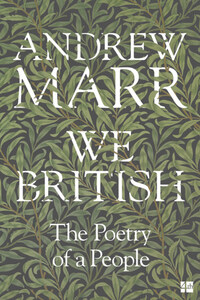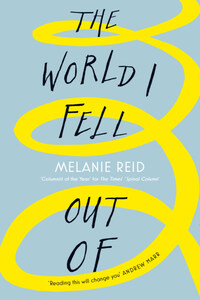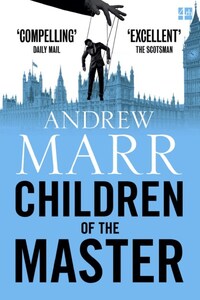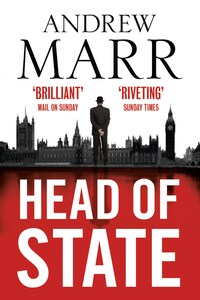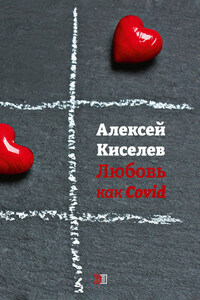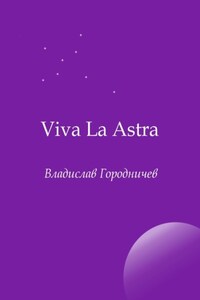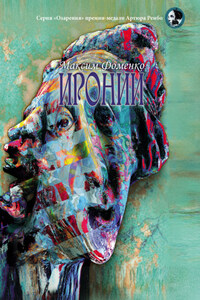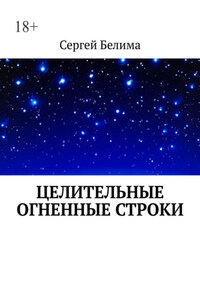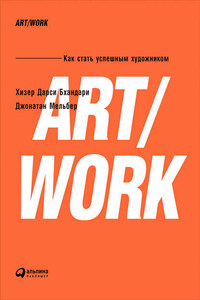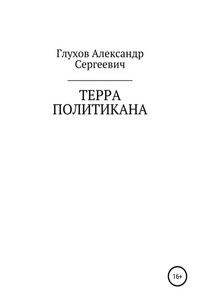4th Estate
An imprint of HarperCollinsPublishers
1 London Bridge Street
London SE1 9GF
www.4thEstate.co.uk
First published in Great Britain by 4th Estate 2015
Text © Andrew Marr 2015
Cover image © ‘Willow Bough’ wallpaper design, 1887, Morris, William (1834–96)/Private Collection/Bridgeman Images
Andrew Marr asserts his moral right to
be identified as the author of this work
A catalogue record for this book is
available from the British Library
All rights reserved under International and Pan-American Copyright Conventions. By payment of the required fees, you have been granted the non-exclusive, non-transferable right to access and read the text of this e-book on screen. No part of this text may be reproduced, transmitted, downloaded, decompiled, reverse engineered, or stored in or introduced into any information storage retrieval system, in any form or by any means, whether electronic or mechanical, now known or hereinafter invented, without the express written permission of HarperCollins e-books.
Source ISBN: 9780008130893
Ebook Edition © October 2015 ISBN: 9780008130916
Version: 2016-07-18
Beyond the village, there’s some marshy ground. There, on a warm evening, a horny, lonely man is making rhythmic noises and shuffling his feet. Inside his head there’s a kind of music, and what he’s doing is trying to fit words to it, words that express his feelings for a woman – too good for him – living in the village.
A few centuries later there’s another man, who feels he has let down God and is facing eternal hellfire. Yet he’s a kindly man, of gentle disposition, and somehow feels that God can’t be as pitiless as the Church elders suggest. So, with a goose quill and a sheaf of rough paper, he is dipping into ink and writing down a kind of private, rather bouncy, prayer. He too is humming.
Then there is the woman in a foul dungeon, throbbing with pain from her torture, dictating to a shabby priest her defiant poem against the authorities.
There will be many more women – rich, in chambers coloured with stained glass, protected against the cold by animal skins; and poor, living in twentieth-century London, struggling with wailing children and an absent man. And many, many more men, too – Irish mystics, Scottish farmers, West Country priests, a Warwickshire actor – all doing the same thing, setting the words to rhythm, tightening them together like the ropes on a fast-moving yacht, trying to build a compact, thrumming little engine of meaning out of the sprawling magic of the English language.
Palaeo-archaeologists, who study early man, tell us that the rhythm and the music came first. Dances, perhaps led by tribal shamans, would be used to bind the people together and to express defiance of the surrounding dark and danger. To keep the beat, it was natural to hum, sing or shout. And at some point it seemed a good idea to add words. The earliest Greek tragedies, with their choruses, music and masks, give us some notion of where poetry came from.
The first poets that we know were read and discussed on the archipelago of islands we call British would have been the Latin poets of the Roman Empire. It’s most unlikely that the Bronze Age tribes – technically competent people, farmers and metalworkers, miners and traders – didn’t have their own poetry. But we know nothing about it. The Romano-British, however, would have had their Virgil and their Martial, and indeed their Greeks as well; there would have been poetry recitals in the villas of Sussex, and dirty, clever ditties murmured along Hadrian’s Wall.
Eventually, with the scouring of invasion and the countersweep of resistance, with defeats and victories, the ethnic make-up of the British changes, and we begin to see a new language emerging from the clash of the Germanic tongues of invaders, and the Celtic speech, by now mingled with Latin, of the resisters. Like a perpetual bubbling broth, new ingredients will be added again and again through the centuries – Norse Viking, French, Italian and Spanish, Indian and Arabic. This linguistic paella will become the world’s most extensive and flexible human tongue, used by generations of British people to express their strongest innermost feelings, their delight in the world, their loves and their terrors. Most human cultures seem to have specialities, for which they are particularly admired. What would Germany be without its music, or Italy without its painters and architects? The British have never had a musical tradition to rival that of Russia or Germany; or the gloriously exuberant architecture of Paris or Rome; or the coherent worldview of classical China. What they have had is the richest and most remarkable tradition of poetry of any major culture. The ‘nest of singing birds’ remains at the heart of the British achievement – more important, I’d say, than empire or even the extraordinary British leaps forward in science.
